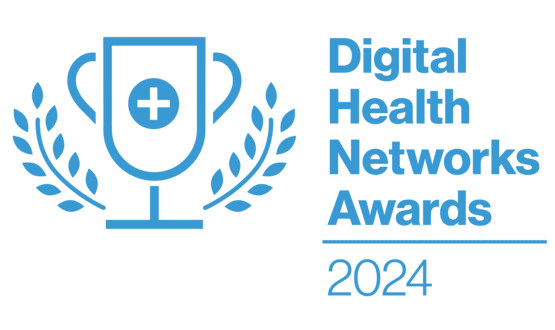NHS Digital Academy ‘will be virtual organisation’
- 2 November 2016

The recently announced training school for clinical information professionals will be a “virtual organisation”, according to an NHS England lead.
Details of the NHS Digital Academy, where chief clinical information officers, chief information officers, and other aspirant leaders in IT will be trained and developed, were fleshed out by Harpreet Sood.
Sood, the newly appointed senior fellow to the chair and chief executive of NHS England, said the academy will not create new content but instead will “leverage our current assets and infrastructure.”
Speaking at the Annual CCIO Conference that is being held alongside EHI Live in Birmingham, he added that it will “work in conjunction with partners and key stakeholders” to deliver its aims.
The NHS Digital Academy Initiative was announced at the Health and Social Care Expo in Manchester in September, by Jeremy Hunt, the secretary of state for health. He said he plans to set up a new “a new academy dedicated to training NHS staff in digital skills.”
Hunt added that the academy would be hosted by a university, which would be selected through a national competition, but this point was not touched on by Sood.
The body is being set up following the Wachter Review of NHS IT which recommended that £42 million should be devoted to developing a new cadre of CCIOs, information clinicians and other IT leaders.
At the time, the national CCIO, Keith McNeil, said in a statement that: “The digital academy will run tailored training programmes in informatics and executive/change management, with both national and international partners to nurture ‘up and coming’ informaticians.”
The expected outcomes from the institute include a cohort of professionals, world class informatics programmes, and a chance to up-skill current CCIOs and CIOs, Sood said today.
Wachter re-stressed the importance of developing new clinical informatics skills when he Skyped into the Healthcare Efficiency Through Technology show in London last month from his base in Texas.
It was in his top three things on the government’s digital to-do list. He argued CCIOs and other clinical IT leaders “can be bridges between technology and clinical work."




